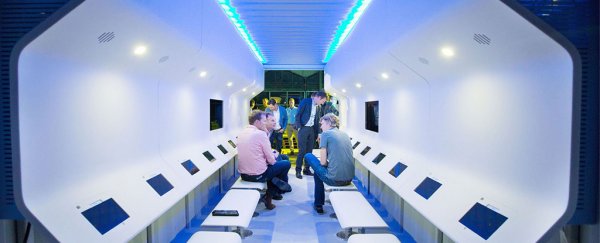Bangladesh is one of the most vulnerable countries in the world when it comes to flooding, storms, and impact from sea level rise.
In 2016, Bangladesh experienced four cyclones - a record number in the country's recent history. And by 2050, sea level rise could inundate 17 percent of its land and displace up to 18 million people in Bangladesh, according to Atiq Rahman, the nation's leading climate scientist.
Extreme weather events already flood many homes, schools, and commercial buildings every year.
An Amsterdam-based architecture firm called Waterstudio has come up with one possible solution: floating structures that can withstand storms.
Waterstudio will deliver five of these structures, called City Apps, in Dhaka, Bangladesh in late November.
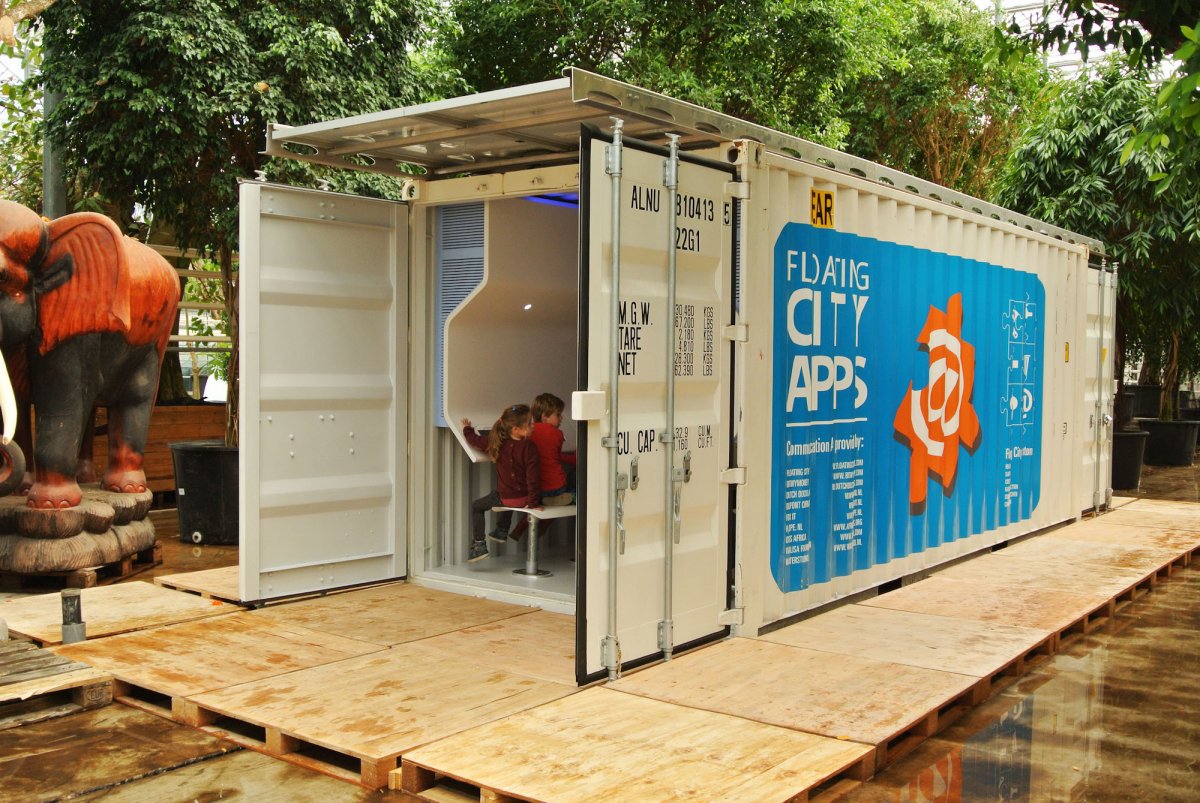 A City App classroom in Amsterdam, Netherlands (Waterstudio)
A City App classroom in Amsterdam, Netherlands (Waterstudio)
Waterstudio will soon premiere five City Apps in Korail, a low-income community in Dhaka, Bangladesh. They are portable and can move to different neighbourhoods.
City Apps can be customised for several types of uses, including classrooms, water filtration systems, medical clinics, or homes.
During the day, one structure will be a classroom featuring 20 tablet workstations and two teaching screens. In the evening, it will be used as an internet cafe.
The other four units will consist of a community kitchen, a facility with a public restroom and shower, and another with a back-up generator for electricity. The units are powered by solar panels located on the roofs.
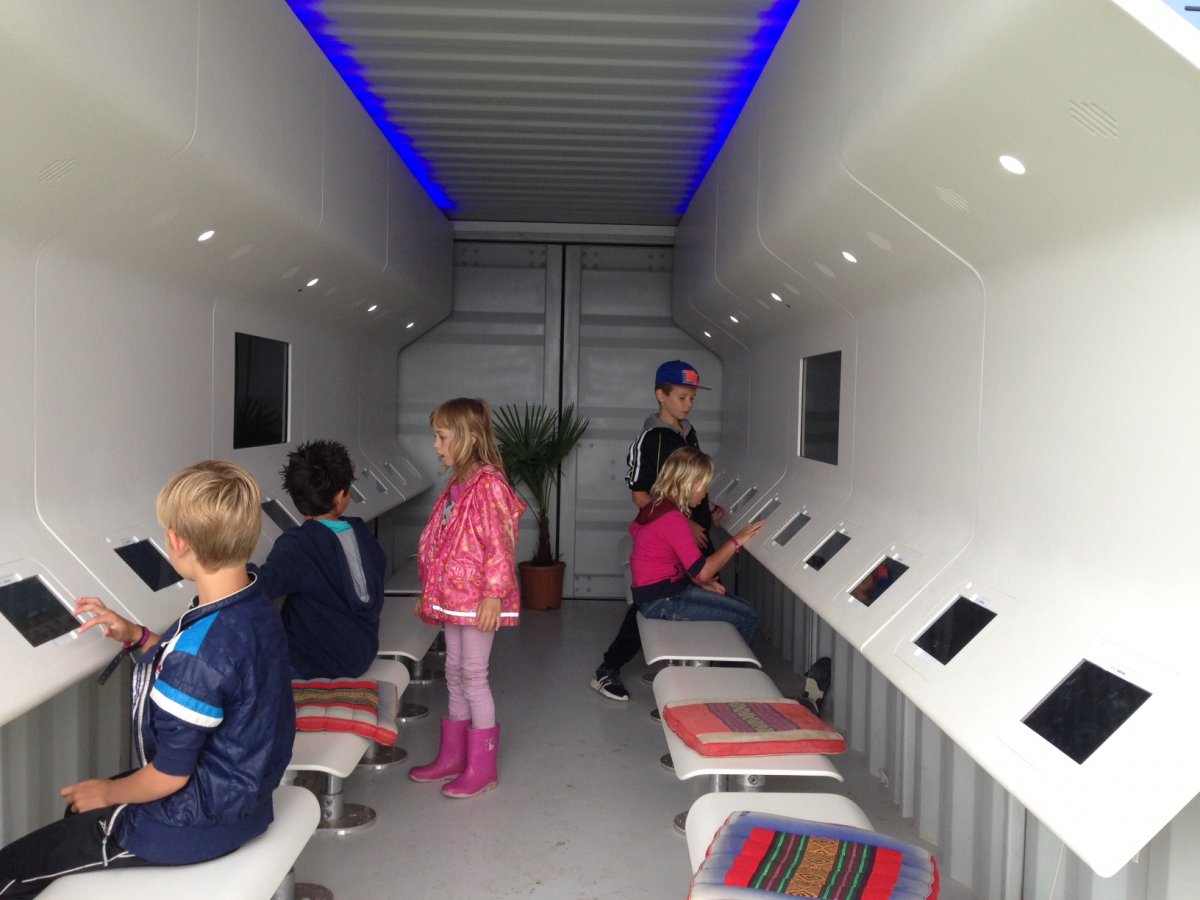 A City App classroom in Amsterdam, Netherlands (Waterstudio)
A City App classroom in Amsterdam, Netherlands (Waterstudio)
The units will be buoyed to the sea floor, and move up and down as water levels rise, helping them withstand storms. They're designed to be air-tight to reduce the risk of flooding.
The City Apps, which cost US$53,000, were built in Amsterdam, Netherlands, Waterstudio CEO Koen Olthius told Business Insider.
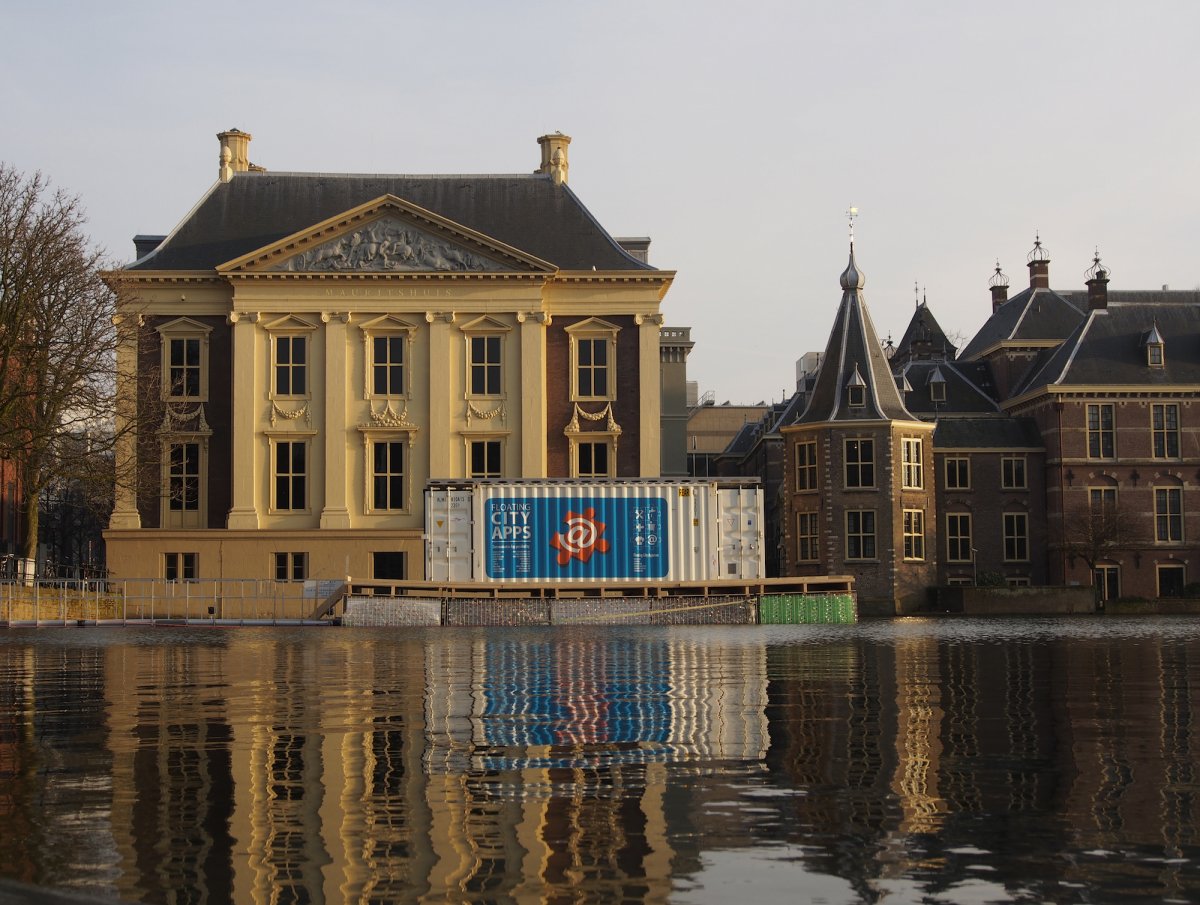 (Waterstudio)
(Waterstudio)
Each foundation is made of wooden pallets, wire, and thousands of recycled plastic bottles, which allow the structures to float.
Founded in 2003, Waterstudio is known for its floating structures. It has constructed more than 200 buildings on water around the world, including these floating villas for a neighbourhood called Ijburg in Amsterdam, Netherlands:
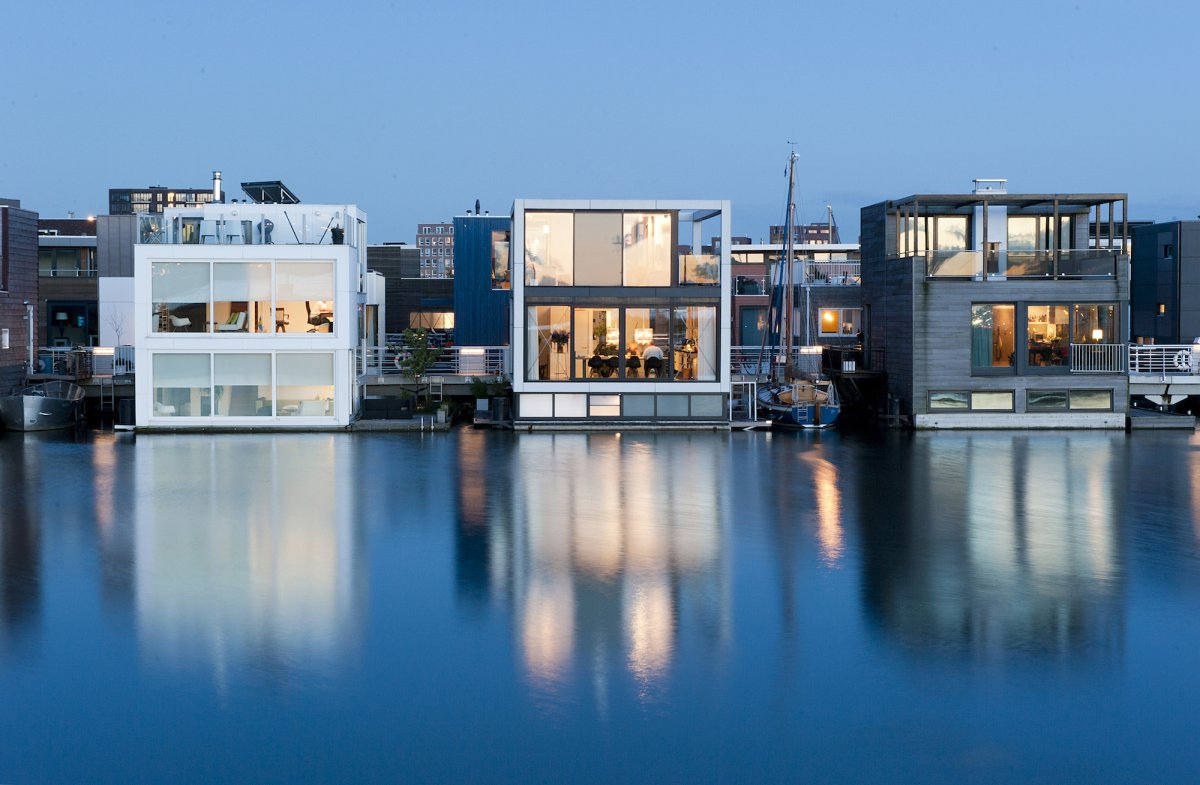 (Waterstudio)
(Waterstudio)
Olthius hopes the City App project will provide valuable resources to neighbourhoods in developing nations, especially ones threatened by climate change.
Waterstudio is working with local developers on the project in case they want to build more units.
"Some people live very close to the water - in vulnerable locations," he said. "They can use these structures to improve their neighbourhoods."
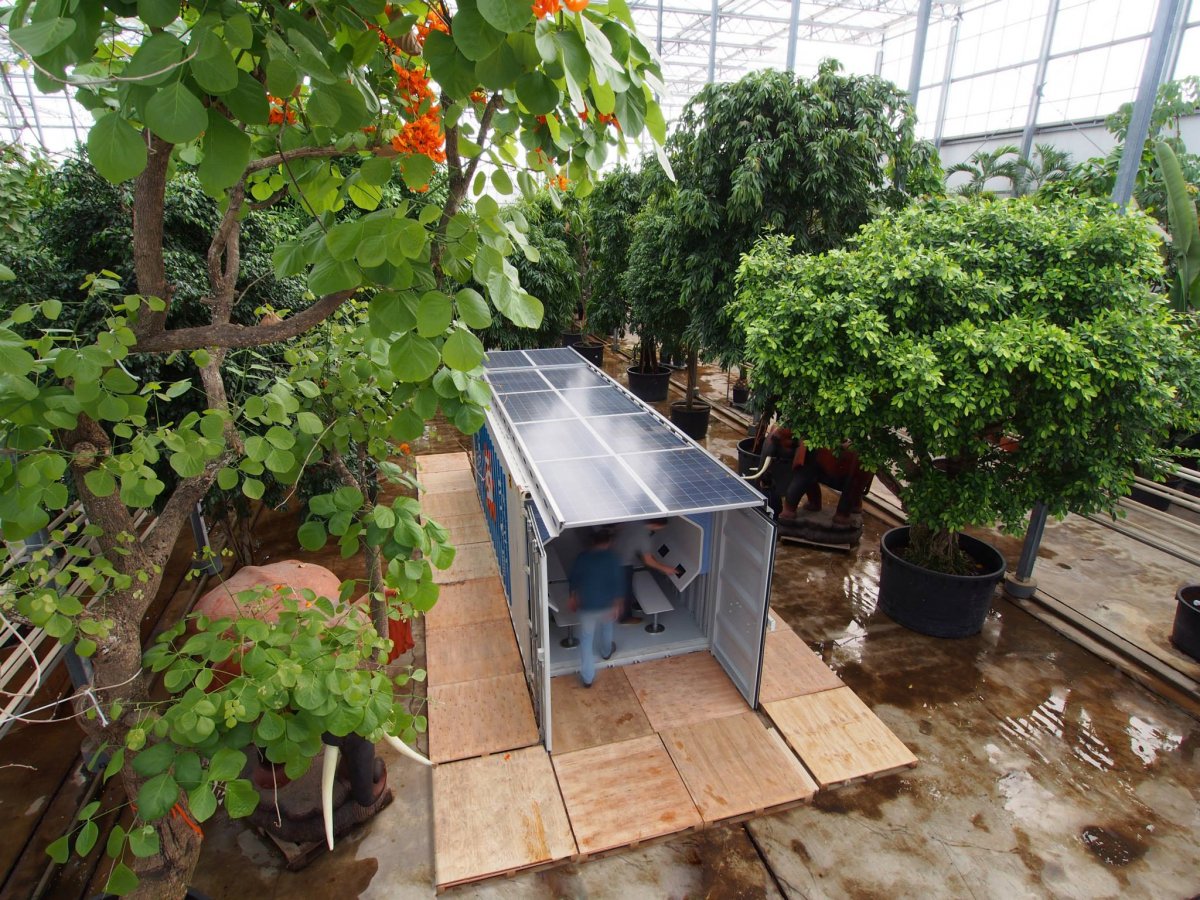 (Waterstudio)
(Waterstudio)
This article was originally published by Business Insider.
More from Business Insider:
